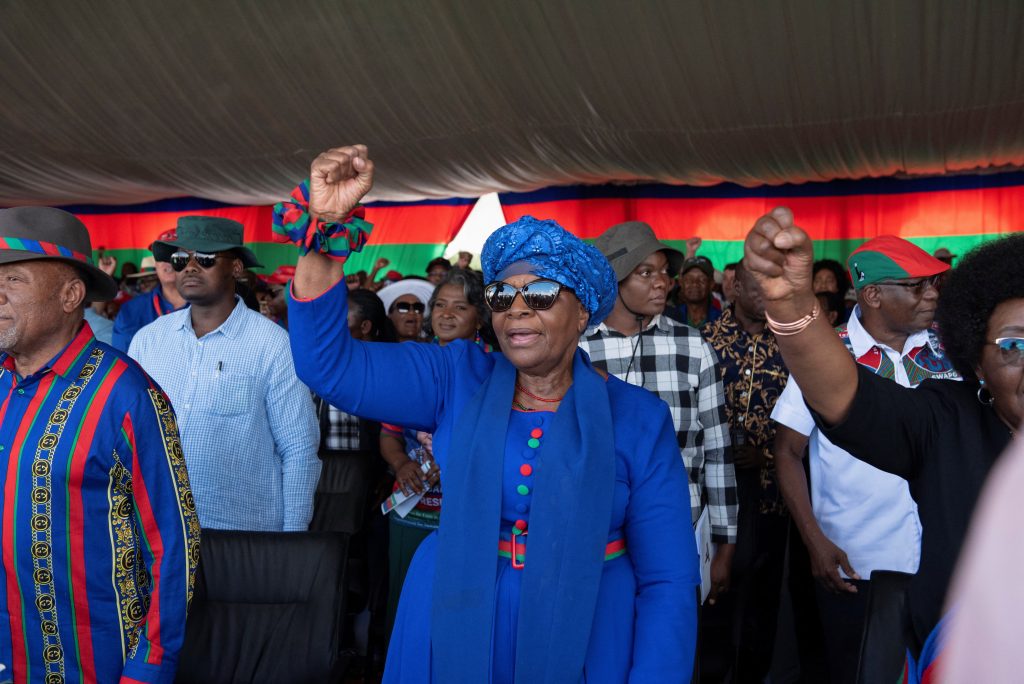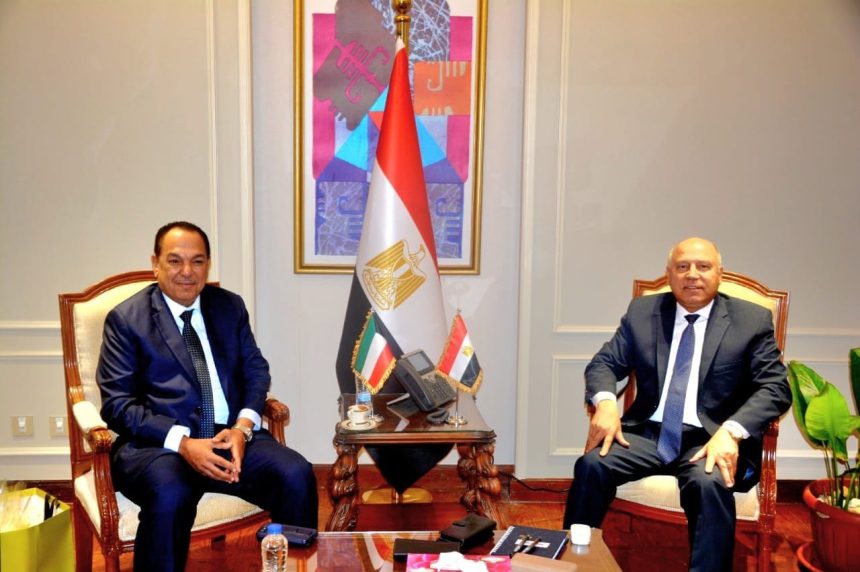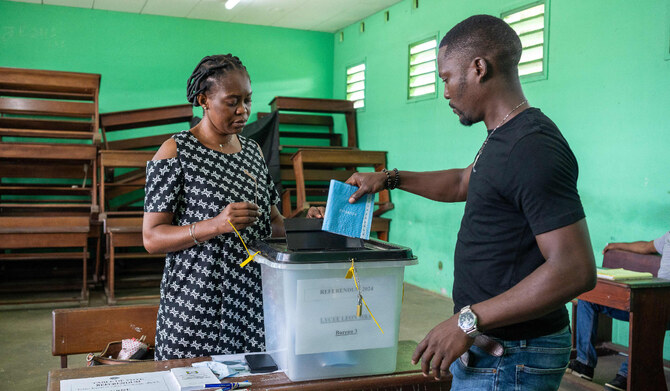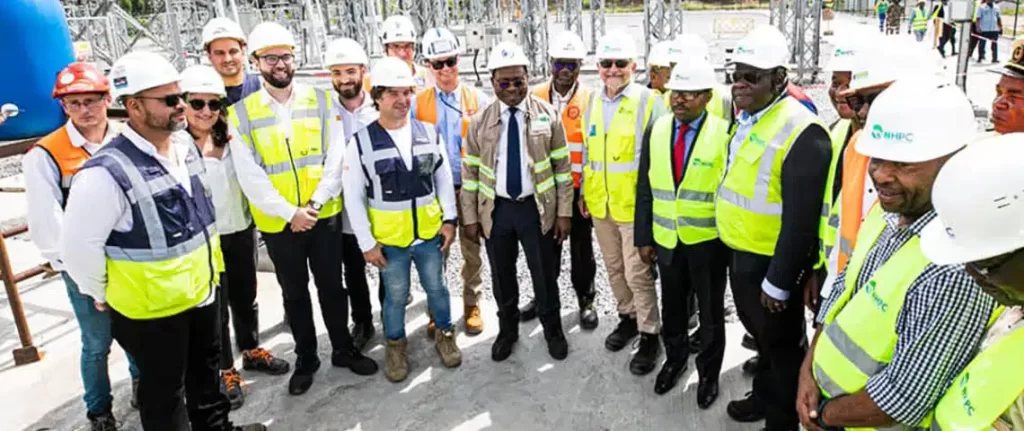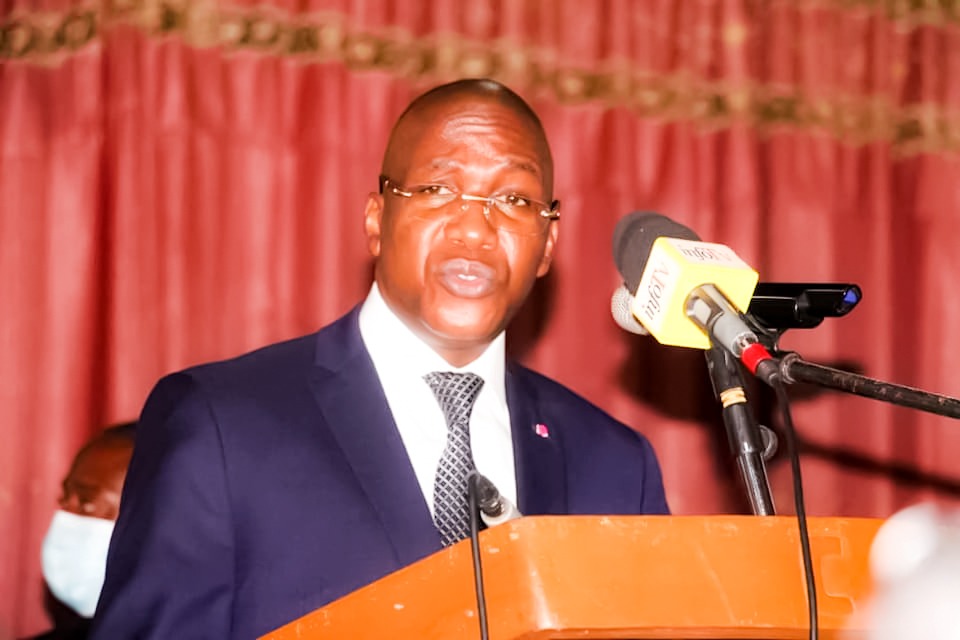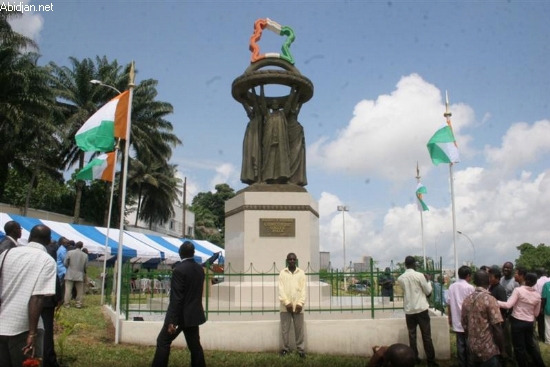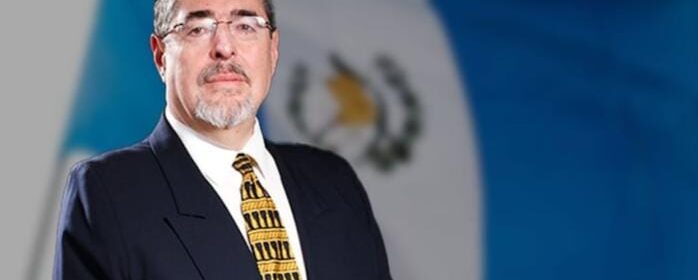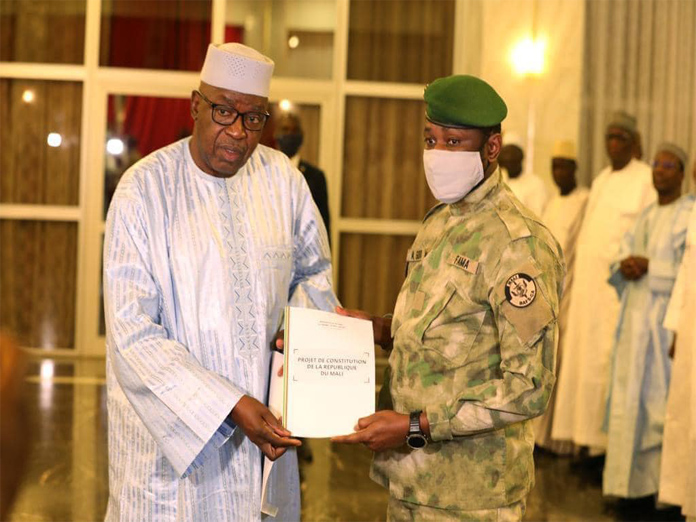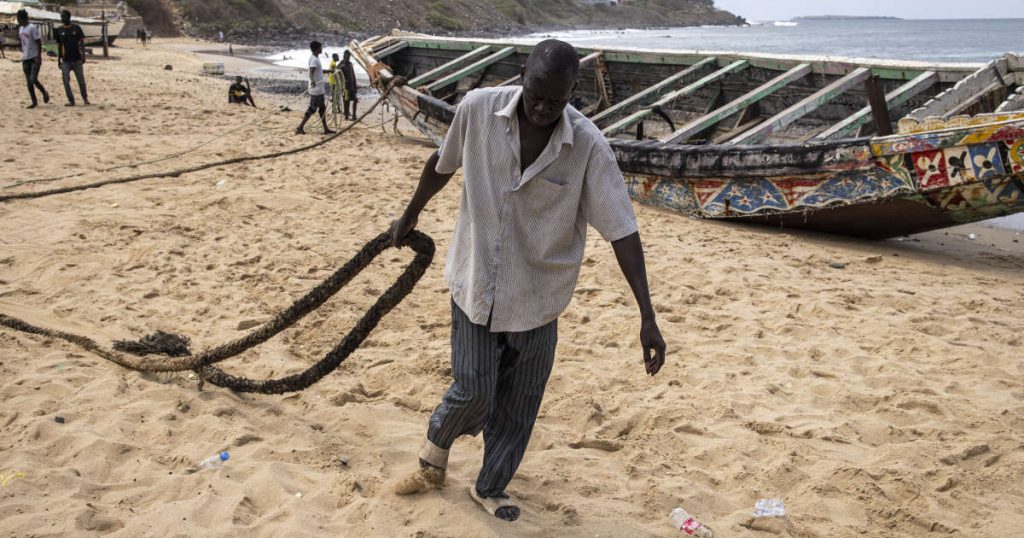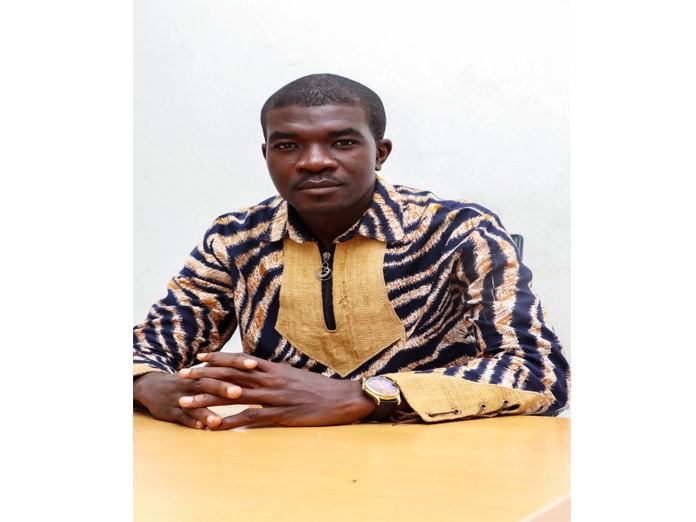It’s Vote day in Namibia where the ruling SWAPO party faces a toughest test in its 34 years of rule. The votes on Wednesday will see Namibians elect a new president and members of parliament.
Namibians head to the polls on Wednesday in an election that could make Vice President Netumbo Nandi-Ndaitwah the first female leader of Namibia.
This is the first intense election for the ruling party, South West Africa People’s Organisation (SWAPO) in 34 years in power.
Nandi-Ndaitwah, after casting her vote in the capital, Windhoek, as polling stations opened, emphasised the significance of the election adding that it will have an impact for the next five years in the life of every Namibian and any person who’s visiting this country.
SWAPO has ruled the resource-rich country since its independence in 1990. However, numerous factors like high unemployment and others have eroded its popularity despite being a major exporter of uranium and diamonds. Analysts predict that Nandi-Ndaitwah may face a second-round run-off if she fails to secure at least 50% of the vote.
Nandi-Ndaitwah faces competition from four main challengers, including Panduleni Itula, leader of the Independent Patriots for Change. A former dentist and lawyer, Itula gained 29% of the vote in the 2019 election, a significant challenge to then-SWAPO leader Hage Geingob, who won with 56%.
Similar frustrations are reshaping politics across southern Africa, where liberation-era parties are losing their grip. The African National Congress in South Africa recently lost its parliamentary majority, and Botswana’s Democratic Party was ousted after six decades in power.
With first-round results expected by Saturday, the election represents a key moment for Namibia. Whether SWAPO can hold onto power or whether Namibia will see its first female president, the outcome will chart the path forward for the nation’s political and economic future.


